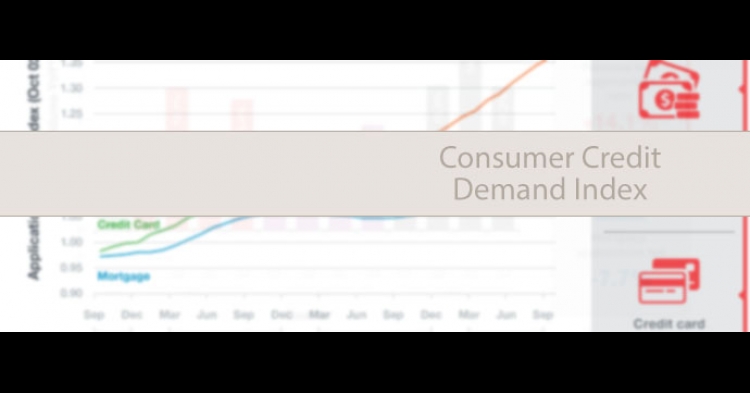News, opinions and discussions to enhance the
way you think about data and analytics.

Alternative data opens up a world of possibilities for more accurately determining creditworthiness. Where a person lives, where they dine out and how they spend their income…these are all data sources that have the potential to enhance traditional credit score models for improved assessment of financial reliability.

Predictability, continuity and reliability are crucial prerequisites for successful credit scoring. Sound risk assessment decisions rely on credit score models that move with the times, evolving to reflect changes in consumer credit behaviour and improvements in risk prediction technology.

Introducing regular, ongoing background screening of your employees can be a daunting prospect. As an employer or HR practitioner, you might be wondering "What if my employee refuses a background check? How do I know which employees to check? How often should screening occur?"

The customer data collected by this leading Telco came from a variety of siloed sources. Although their marketing teams were using a campaign management platform (CMP) to produce, develop and distribute their digital campaigns, each team leveraged a different data set to the other.

Treasurer Frydenberg’s announcement on 25 September is about simplifying Australia’s credit framework. As part of the proposed changes, APRA becomes the key regulator for home and personal lending with the intent of removing duplication by two regulators and freeing up the flow of credit, to help kick-start economic recovery.

Queensland hardest hit in first wave lockdown with 9 of top 10 Mortgage Deferral hotspots.

COVID-19 has fast-tracked existing shifts in Australian consumer retail behaviour, promising to change the marketing, distribution and selling of automobiles forever.
Auto retailers need to adapt now to a new reality because businesses waiting for stabilisation are taking a considerable risk, said KPMG National Leader of Motor Industry Services, Steven Bragg. Speaking at the recent Equifax Automotive Finance Forum, Mr Bragg said the auto industry was in crisis and in need of transformation before the pandemic even came along.

If you have volunteers working for your organisation, the responsibility lies with you to find out if their Working With Children Check has been suspended or revoked.
Without a process in place for verifying and monitoring your volunteers’ Working With Children Check, you may not have up-to-date information on their clearance status. A volunteer may have had their check clearance denied, yet this could go unnoticed.

Equifax Quarterly Consumer Credit Demand Index: June 2020
Overall consumer credit applications down -38.8% (vs June quarter 2019) Credit card applications dropped significantly by -45.4% (vs June quarter 2019) Personal loan applications dropped -33.5% (vs June quarter 2019) Buy now pay later applications reduced -7.3% (vs June quarter 2019) Auto loan applications down -13.7% (vs June quarter 2019) Mortgage applications increased by +7.6% (vs June quarter 2019).
Equifax Quarterly Business Credit Demand Index: June 2020
Overall business credit applications down -7.53% (vs June quarter 2019) Business loan applications decreased by -4.11% (vs June quarter 2019) Trade credit applications fell -17.82% (vs June quarter 2019) Asset finance applications declined -6.72% (vs June quarter 2019).